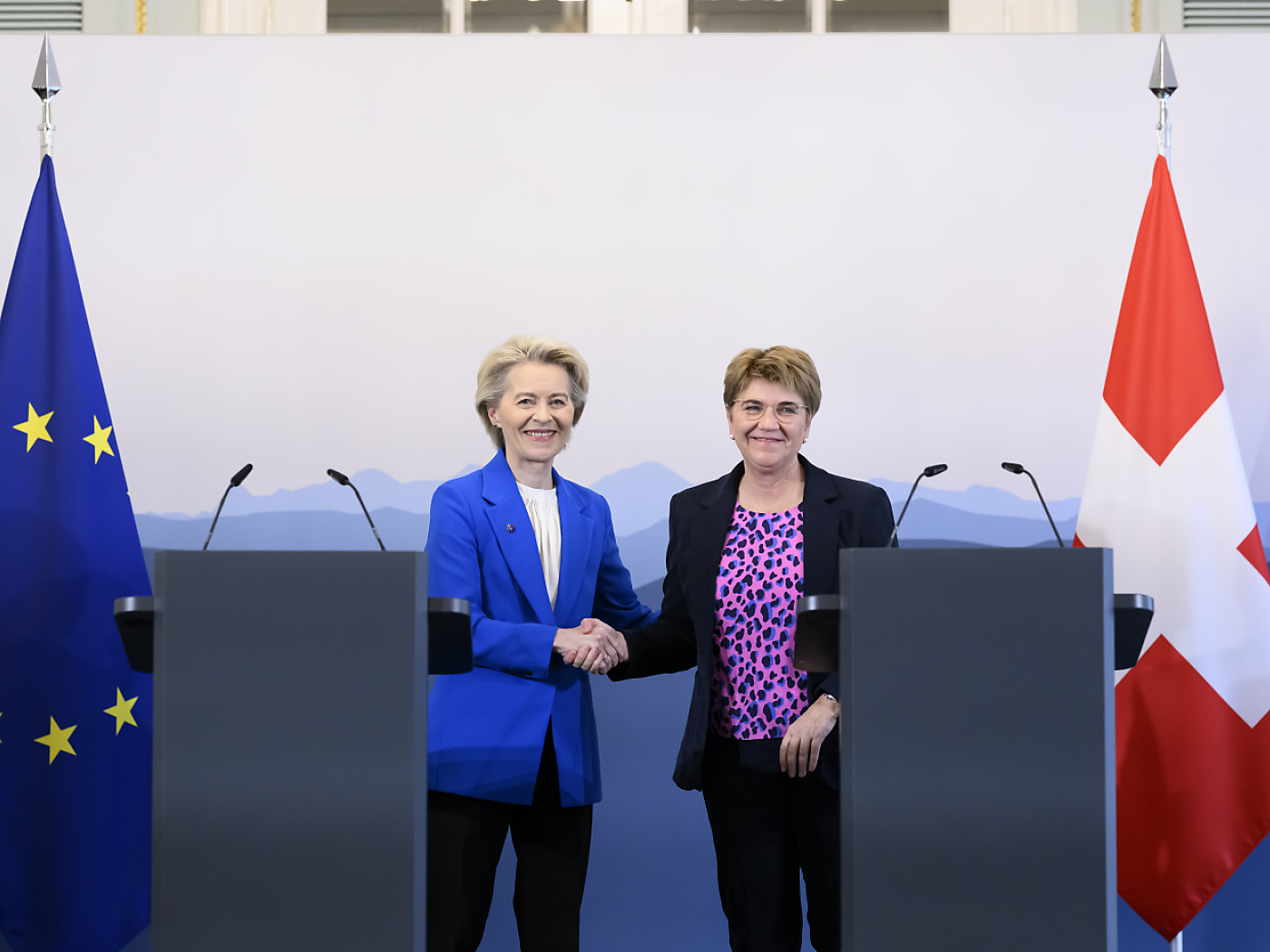Germany strikes back over air deal

Germany is threatening to impose tougher restrictions on flights over its airspace after the Swiss parliament rejected an aviation accord.
Berlin said it was disappointed that parliament voted not to ratify the agreement. “The House of Representatives’ refusal to accept the deal is regrettable because it was a fair compromise for both parties,” said Kurt Bodewig, Germany’s transport minister.
The German transport ministry warned that any new agreement would carry stricter conditions than the accord signed with the Swiss transport minister, Moritz Leuenberger, last October.
“The number of (Swiss) flights over southern Germany will be reduced to 80,000 a year and restrictions will be imposed on weekends and at night,” said Bodewig.
Under the air transport accord, both sides agreed to cut by a third the number of flights permitted to use airspace over southern Germany before landing at Zurich airport. This meant a reduction from 150,000 to 100,000 a year.
The deal also includes a ban on night flights and a reduction in weekend aircraft movements. However, the House of Representatives said it discriminated against Switzerland.
Press reaction
The Swiss press was divided on Thursday following parliament’s decision to reject the agreement. While some greeted the decision as a “slap in the face” for Germany, others feared grave repercussions for the Swiss.
According to the “Tages Anzeiger”, parliament made the “right decision”. The newspaper said the deal negotiated with Germany went against the wishes of Zurich airport and cantonal authorities, as well as Switzerland’s national carrier, “swiss”.
The German-language daily added that Switzerland needs a vibrant international hub, if it is to have an economy geared to exports, tourism and banking. It noted that the aviation industry had already taken steps to cope with increased air traffic by expanding Zurich airport.
Enough is enough
“Der Bund” said in its editorial column that the vote in the Swiss parliament was less about rejecting an aviation deal, and was more about sending a clear message to Berlin that “enough was enough”.
The paper added that the vote also highlighted the political divide in Switzerland over the future of Switzerland’s aviation industry. Centre-left and Green parties are advocating reduced air traffic, while parties on the right of the political spectrum are in favour of increasing Zurich’s role as a central European hub, it said.
The French-language “Le Temps” branded parliament’s decision an “historic slap in the face” for Germany. It said the Swiss transport minister’s pleas for parliamentarians to accept the deal “were insufficient”.
However, the newspaper warned that Switzerland appeared to be isolating itself by ditching the accord. Even though parliament rejected the deal on the grounds that it was anti-Swiss, the future of Zurich airport was now effectively beyond Switzerland’s control, it said. At best, the issue will be dealt with by the European Union, and at worst, by German judges.
swissinfo

In compliance with the JTI standards
More: SWI swissinfo.ch certified by the Journalism Trust Initiative








You can find an overview of ongoing debates with our journalists here . Please join us!
If you want to start a conversation about a topic raised in this article or want to report factual errors, email us at english@swissinfo.ch.